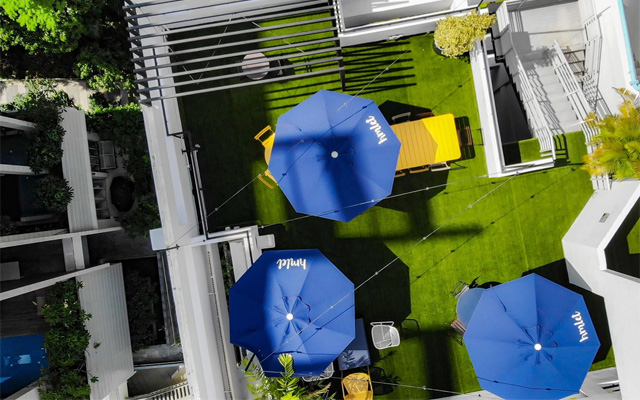Singapore-based co-living operator Hmlet has raised US$40 million in a Series B funding round, which will enable it to grow its presence in gateway cities across the region.
Led by Burda Principal Investments, this latest funding round also saw participation from existing investor Sequoia India and new investors Mitsubishi Estate, Reinventure Group and angel investors.

Hmlet plans to use its fresh injection of funds to expand its presence in gateway cities – where housing is expensive – across the company’s existing markets of Singapore, Hong Kong and Sydney. Plans for launch in Melbourne, Brisbane and Tokyo are also in the pipeline.
Alongside Hmlet’s co-living business model, the Series B funding will also go into growing local operations to further capitalise on current conditions of property markets.
Prior to this Series B funding round, Hmlet raised a US$6.5 Million Series A in November 2018, and a US$1.5 million seed round in 2017.
“When we launched Hmlet, we wanted to create a better way of living for an increasingly mobile workforce, who want a sense of home and community in whichever country they choose to live in. We’ve seen our philosophy and operational model resonate with the market, which has allowed us to secure our Series B funding less than 12 months after our Series A round,” said Yoan Kamalski, CEO of Hmlet.
The startup has also announced the launch of its largest facility in Singapore to date, a 150-room property at 150 Cantonment Road that features co-living spaces including communal kitchens, a wellness studio and an all-day, in-house cafe.
Incorporated in 2016, Hmlet currently manages over 1,500 rooms in 75 locations across three cities in Asia-Pacific, and is looking to build a network that spans across 10 cities in five countries within the next two years.




















